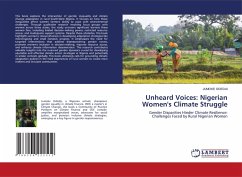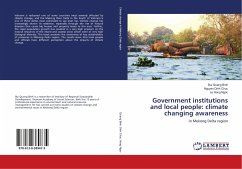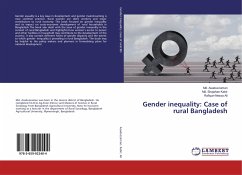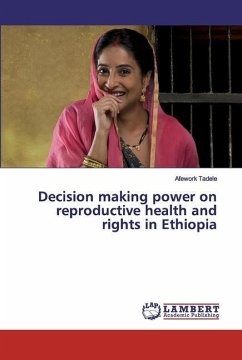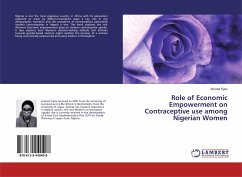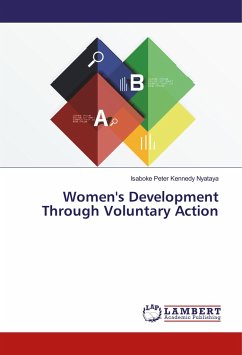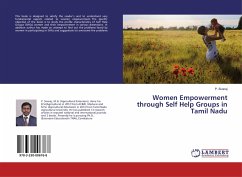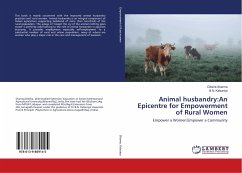This book explores the intersection of gender inequality and climate change adaptation in rural South-West Nigeria. It focuses on how these inequalities affect women farmers' ability to cope with environmental challenges. Through qualitative research involving focus groups with women across three states, the study uncovers significant barriers these women face, including limited decision-making power, restricted resource access, and inadequate support systems. Despite these obstacles, this book highlights women's resourcefulness in developing adaptation strategies like intercropping and small livestock projects. It emphasizes the need for targeted interventions that address disempowering gender norms, promote women's inclusion in decision-making, improve resource access, and enhance climate information dissemination. This research contributes valuable insights into the nuanced gender dynamics crucial for developing equitable and effective climate action strategies in Nigeria and potentially in similar contexts globally. This book ultimately calls for grounding climate adaptation policies in the lived experiences of rural women to create more resilient and inclusive communities.
Hinweis: Dieser Artikel kann nur an eine deutsche Lieferadresse ausgeliefert werden.
Hinweis: Dieser Artikel kann nur an eine deutsche Lieferadresse ausgeliefert werden.

